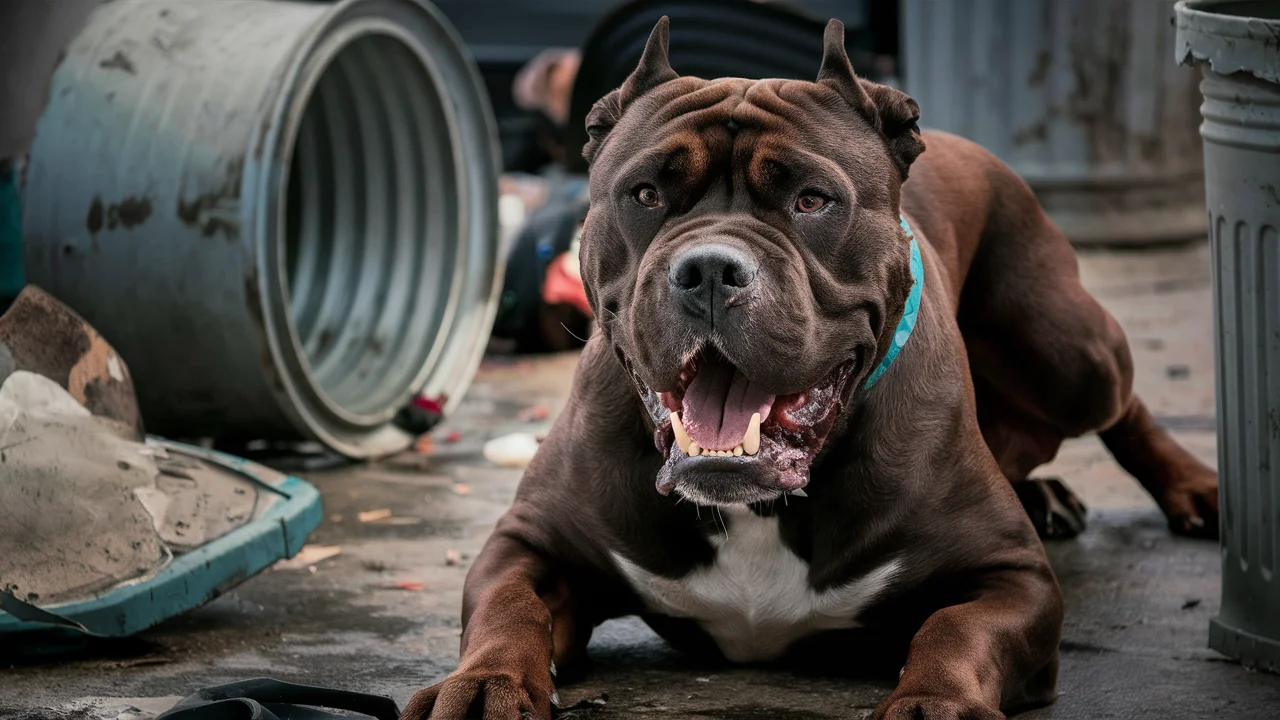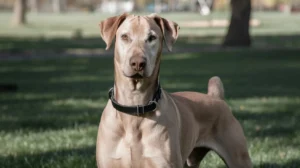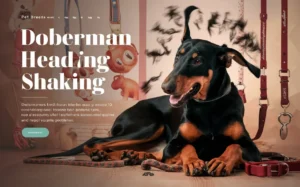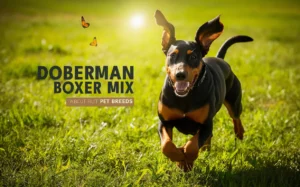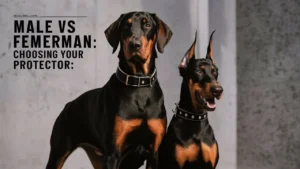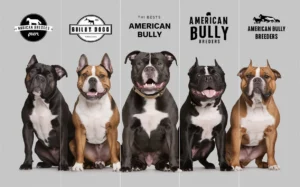Cane Corsos are magnificent dogs known for their loyalty, strength, and striking appearance. However, one common concern among owners is the bad odor that can sometimes emanate from their beloved pets.
While it’s normal for dogs to have a distinct scent, a particularly unpleasant smell could indicate underlying issues that need attention. In this post, we will explore the seven primary reasons why your Cane Corso might smell bad, along with actionable solutions to help you tackle these problems effectively.
They Rolled in Smelly Stuff
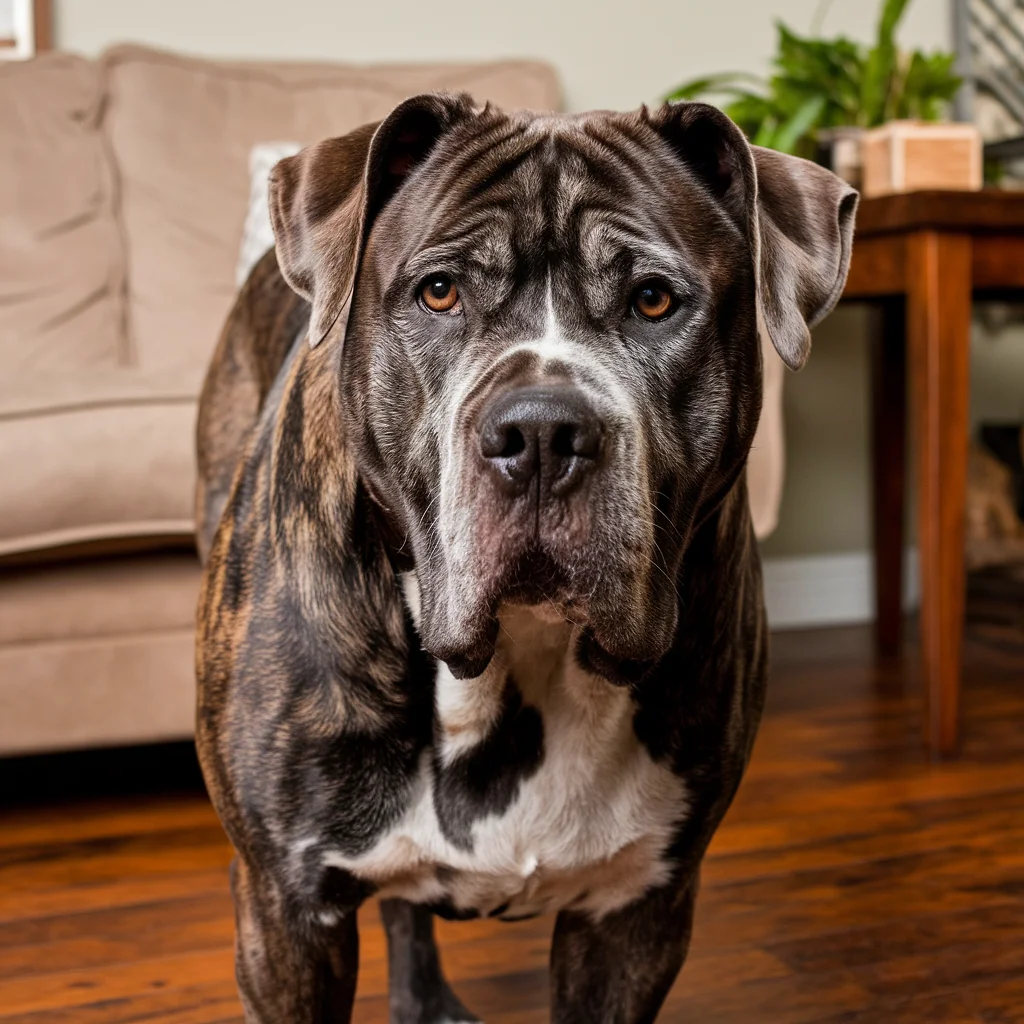
Cane Corsos are naturally curious creatures, often exploring their environment through scent. This instinct can lead them to roll in things that are less than pleasant, such as animal feces, dead fish, or decaying matter.
Understanding the Behavior
Dogs have a keen sense of smell, and rolling in smelly substances is a behavior that dates back to their wild ancestors. By covering themselves in scents, they may have aimed to mask their own odor, making them less detectable to prey or competitors.
How to Help
To mitigate this issue, consider the following tips:
- Regular Grooming: Establish a routine grooming schedule, which includes brushing your Cane Corso’s coat and inspecting for any debris. Regular grooming helps remove dirt and odors before they settle in.
- Immediate Cleaning: If your dog has rolled in something smelly, wash the affected area with warm water and a mild dog shampoo. This will help neutralize the odor quickly.
- Recommended Products: Look for pet-specific deodorizing shampoos that contain natural ingredients designed to combat odors without irritating your dog’s skin.
Bad Mouth Hygiene
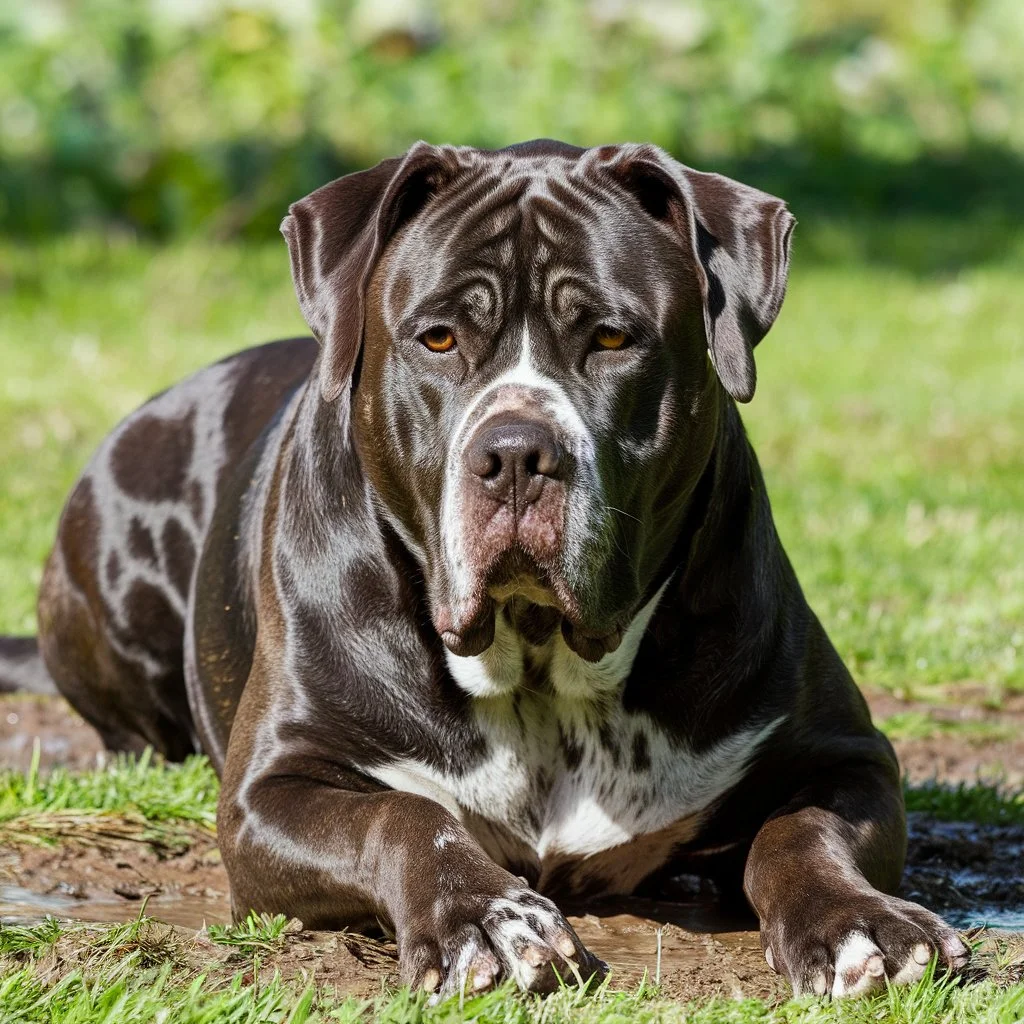
Another significant reason your Cane Corso may smell bad is poor oral hygiene. Just like humans, dogs can suffer from dental issues that lead to foul odors.
Signs of Poor Oral Health
You should watch for these indicators of dental problems:
- Bad Breath: While some dog breath is normal, persistent bad breath can be a sign of dental disease.
- Tartar Buildup: Noticeable yellow or brown deposits on the teeth can indicate plaque buildup.
- Gum Inflammation: Red or swollen gums may point to periodontal disease.
How to Help
Improving your Cane Corso’s oral health involves several steps:
- Regular Dental Check-Ups: Schedule annual dental cleanings with your veterinarian to catch any potential issues early.
- Home Dental Care: Introduce a routine that includes brushing your dog’s teeth at least two to three times a week. Use a dog-specific toothpaste to avoid harmful ingredients found in human toothpaste.
- Dental Chews: Consider giving your Cane Corso dental chews that help reduce tartar buildup while satisfying their chewing instinct.
- Specialized Diets: Some dog foods are formulated to promote dental health. Consult with your vet for recommendations based on your dog’s needs.
Ear Infections
Ear infections are common in Cane Corsos and can contribute to unpleasant odors. These infections often arise from moisture, allergies, or wax buildup.
Identifying Ear Issues
Keep an eye out for these symptoms that may indicate an ear infection:
- Itching: Frequent scratching or rubbing of the ears.
- Redness or Swelling: Inflammation in or around the ear canal.
- Discharge: Foul-smelling fluid or wax coming from the ears.
How to Help
Here are several ways to maintain ear health:
- Regular Ear Cleaning: Clean your Cane Corso’s ears weekly using a vet-recommended ear cleaner. Make sure to follow the instructions carefully.
- Moisture Control: After baths or swims, gently dry your dog’s ears with a towel to prevent moisture buildup that can lead to infections.
- Veterinary Consultation: If you suspect an ear infection, consult your veterinarian immediately for proper diagnosis and treatment.
Skin Issues
Cane Corsos can be prone to various skin problems, including allergies, infections, and parasites, all of which can result in bad odors.
Common Skin Conditions
Here are some prevalent skin issues that might be causing the smell:
- Allergies: Dogs can develop allergies to food, pollen, or environmental factors, leading to itchy skin and secondary infections.
- Fungal or Bacterial Infections: These infections can cause a pungent odor, especially in warm, moist areas of the skin.
- Parasites: Fleas, ticks, and mites can lead to skin irritation and odor.
How to Help
To address skin issues, consider these strategies:
- Balanced Diet: Ensure your Cane Corso receives a high-quality, balanced diet tailored to their specific needs. This promotes skin health.
- Regular Baths: Bathe your dog with a gentle, hypoallergenic shampoo specifically formulated for dogs. Consult with your vet about how often to bathe your dog based on their activity level and skin type.
- Flea and Tick Prevention: Utilize veterinarian-approved flea and tick prevention products to keep your dog free from parasites.
- Vet Visits: Regular check-ups with your veterinarian can help identify and treat skin problems early, reducing the risk of persistent odor.
Anal Gland Problems
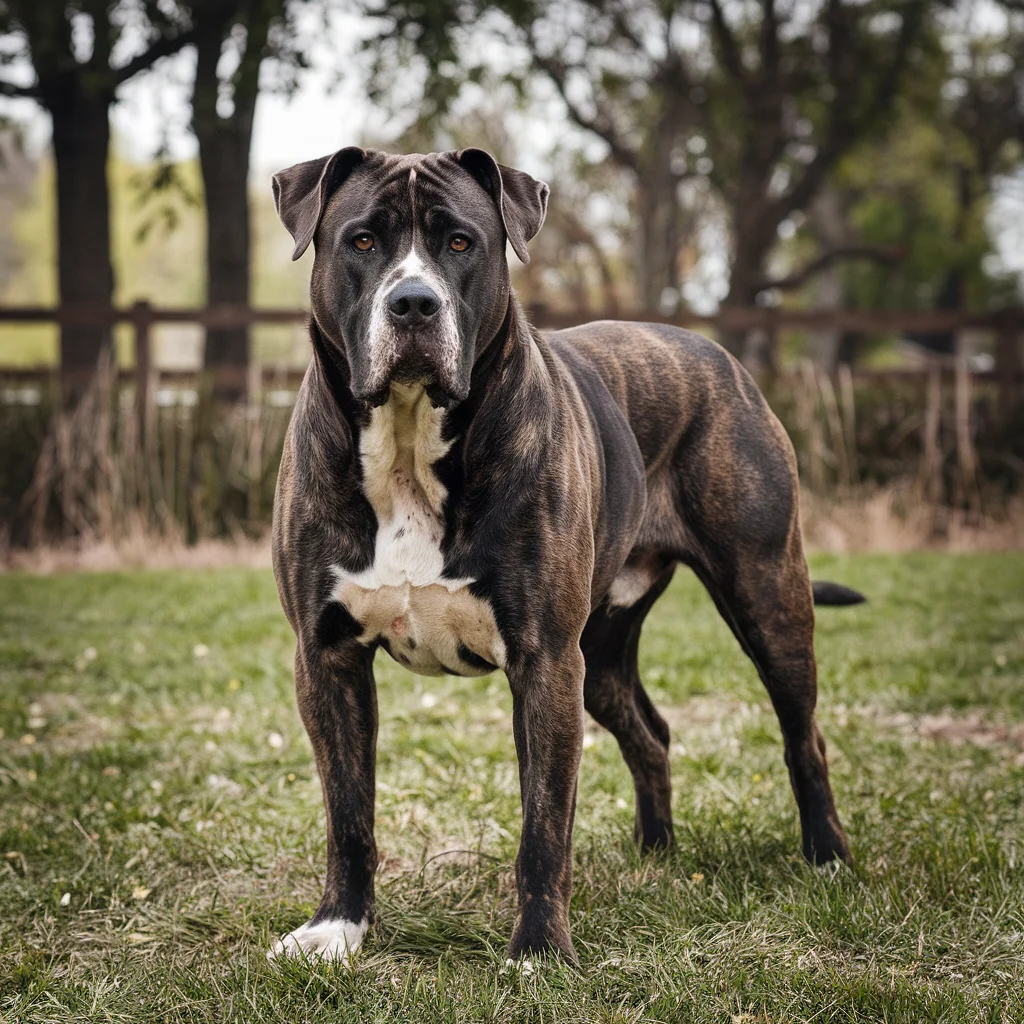
Anal glands are small sacs located near a dog’s rectum that can cause significant odor when they become impacted or infected.
Understanding Anal Gland Function
These glands produce a foul-smelling fluid that dogs usually express naturally during bowel movements. However, if the glands become clogged or infected, they can emit a particularly offensive odor.
How to Help
Here’s how to manage anal gland issues effectively:
- Signs of Anal Gland Problems: Watch for symptoms like scooting on the ground, excessive licking of the rear end, or a strong fishy odor.
- Home Care Techniques: If you’re comfortable, you can learn to express your dog’s anal glands at home. However, if you’re unsure, it’s best to have your veterinarian do it.
- Regular Vet Checks: Schedule routine veterinary visits, especially if your dog frequently experiences anal gland issues. Your vet can offer advice on diet changes or supplements that may help.
Stomach Issues
Gastrointestinal problems can lead to gas, bloating, and other issues that might contribute to a foul smell emanating from your Cane Corso.
Common Digestive Problems
Be aware of the following symptoms:
- Vomiting: Frequent vomiting can indicate dietary issues or gastrointestinal distress.
- Diarrhea: Loose stools can suggest dietary sensitivities or infections.
- Gas: Excessive flatulence can be a sign of dietary problems or digestive issues.
How to Help
Consider these strategies for digestive health:
- Dietary Recommendations: Consult your veterinarian about a diet that suits your Cane Corso’s specific needs. A high-quality, easily digestible food can help mitigate gastrointestinal issues.
- Probiotics: These beneficial bacteria can help maintain a healthy gut. Ask your vet for recommendations on probiotic supplements suitable for dogs.
- Hydration: Ensure your dog has access to fresh water at all times, as hydration is essential for digestive health.
- Veterinary Consultation: If your dog experiences persistent digestive issues, consult your veterinarian for further evaluation.
They Simply Smell Like Dogs
It’s important to acknowledge that some odor is inherent in dogs, including Cane Corsos. Their coat and skin naturally produce oils and scents that can contribute to their distinctive smell.
Understanding Natural Dog Odor
Various factors can influence a dog’s natural scent, including:
- Fur Type: Cane Corsos have a short, dense coat that can retain odors more than longer-haired breeds.
- Skin Oils: Natural oils produced by the skin can accumulate and lead to a stronger smell if not managed properly.
- Activity Level: More active dogs may have a stronger scent due to increased sweat and skin oil production.
How to Help
To manage natural odors, consider these tips:
- Regular Grooming and Baths: Maintain a consistent grooming and bathing schedule to keep your dog smelling fresh.
- Choosing the Right Products: Use shampoos designed to neutralize dog odors and maintain a healthy coat. Avoid harsh chemicals that can irritate your dog’s skin.
- Cleaning Living Environment: Regularly clean your dog’s bedding and living areas to minimize odors in your home.
Conclusion
Understanding the reasons behind your Cane Corso’s bad odor is crucial for maintaining their health and your comfort. By addressing issues like hygiene, ear infections, skin problems, anal gland health, and digestive issues, you can significantly reduce unpleasant smells.
Remember, a healthy Cane Corso is a happy one! Regular veterinary check-ups, a proper diet, and a consistent grooming routine are vital to ensuring your pet remains in excellent condition.
If you have any concerns about your dog’s smell or overall health, don’t hesitate to reach out to your veterinarian for guidance.
Maintaining your Cane Corso’s cleanliness and health not only enhances their quality of life but also strengthens the bond you share with your furry friend. Happy caring!
